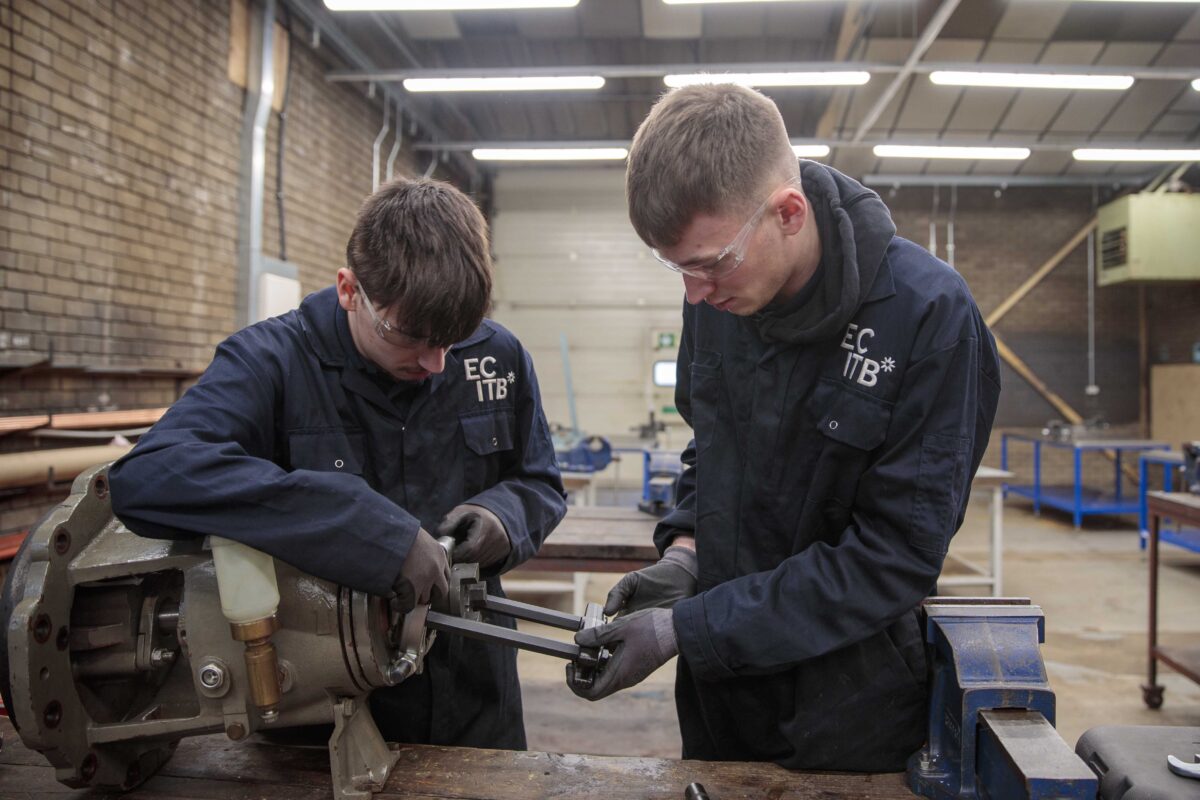University R&D programme launches new green innovation fund to boost SMEs in the race to net zero

A £14 million research and development programme which pairs SMEs with universities has launched a new green innovation fund to transform their ideas into reality in the race to net zero.
The £400,000 grant scheme is managed by Eco-I North West (NW), an initiative giving businesses, charities and social enterprises access to a regional knowledge base, cutting-edge research facilities and skills at Lancaster, Central Lancashire, Cumbria, Liverpool, Liverpool John Moores and Manchester Metropolitan universities.
These enterprises can get up to 60% funding towards projects worth £25,000 to help them deliver sustainable products, processes or services.
Since its launch two years ago, more than 100 businesses have collaborated with universities to test their ideas which could help solve global challenges such as water supply and quality, waste, energy, resource efficiency, natural capital, air quality, and food security.
These new grants will accelerate these low carbon innovations from research to commercialisation by match funding prototypes, pilots and demonstration systems.
Andy Pickard, Manager of the Centre for Global Eco-Innovation, which delivers the Eco-I NW programme, said: “Eco-I NW opens up such a huge academic regional resource to SMEs. It offers the opportunity for the North West to create an ecosystem which accelerates our transition to a low carbon economy. This is a scheme which should allow businesses to access grants quickly and try new things.
“I would encourage leaders of SME enterprises in the North West to start a conversation with us about how Eco-I NW could help to reduce costs and their carbon footprint, improve performance, and future proof their business in a low carbon future.”
“More than 100 enterprises from a wide range of sectors, disciplines and project themes are already collaborating with the partner universities and could double their potential return on R&D investment.
“These grants will further support those already working with the universities, and expand the benefits Eco-I NW can offer to even more SMEs to bring to market even more sustainable products, processes or services.”
National Air Quality Services (NAQTS), an expert in air quality monitoring technology and testing services based in Lancaster, is working with Lancaster University on a project aimed at simultaneously decarbonising buildings, promoting good indoor air quality and reducing the likelihood of airborne virus transmission.
Douglas Booker, Co-founder and CEO, said: “Air pollution is the world’s largest environmental health risk according to the World Health Organisation. Outdoor air quality is typically the focus, despite people spending 90% of their time indoors where the air quality can be worse, in part because energy efficiency initiatives have mandated high levels of air tightness that can trap air pollution indoors. However, COVID-19 has driven an emphasis on increased ventilation rates, potentially undermining energy efficiency gains.
“We are working with Eco-I North West and Lancaster University to design and test new networks of sensors to manage these equally important goals of energy efficiency and indoor air quality.
“A capital grant will de-risk the initial steps of developing a new innovative technology, and help us to accelerate our initial prototype development and testing.”
Eco-I NW aims to work with more than 300 SMEs, supporting the development of 135 new innovative solutions which will save 3,850 tonnes of CO2.
To find out more about the programme, which is part funded by the European Regional Development Fund (ERDF), visit www.lancaster.ac.uk/eco-i-nw/capital-grant-scheme/











Responses